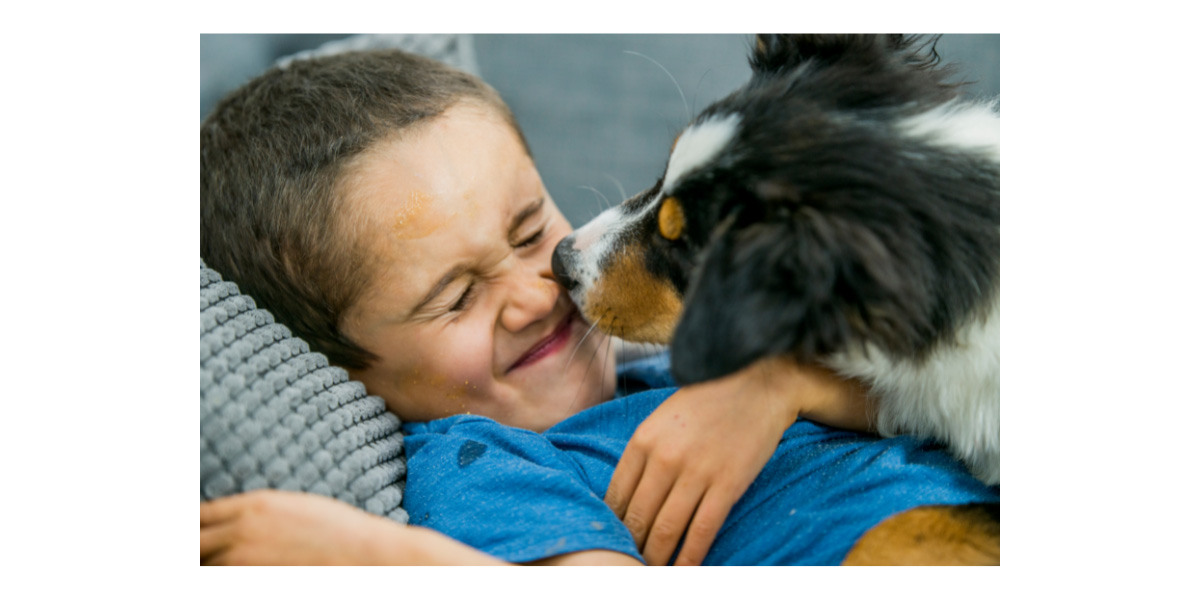5 Surprising Reasons Dogs Get Bad Breath
Doctor of Veterinary Medicine

While efforts are made to answer all questions as quickly as possible, if an immediate answer is required or if your pet is in need of urgent or emergency care, contact your pet's veterinarian immediately.
Doctor of Veterinary Medicine

You will receive an answer from Dr. Lindsay and our vet/tech team as soon as possible, usually the same day.
All answers are provided for informational or educational purposes only, and are intended to be a supplement to, and not a substitute for, the expertise and professional judgment of your pet's veterinarian.
It may be necessary to consult your pet's veterinarian regarding the applicability of any opinions or recommendations with respect to your pet's symptoms or medical condition.
CloseDoctor of Veterinary Medicine

An error has occurred, please reload the page and try again.
CloseWhile efforts are made to answer all questions as quickly as possible, if an immediate answer is required or if your pet is in need of urgent or emergency care, contact your pet's veterinarian immediately.
There is no answer related to your question

Does your dog’s bad breath have you turning down kisses? While a dog’s mouth is not naturally minty fresh, their breath shouldn’t be pungent or offensive. Halitosis or an unusual odor from your dog’s mouth can indicate a health issue. Here are the top five reasons dogs get bad breath and how you can get their kisses smelling fresh and healthy again.
1. Dental disease
Over 80% of dogs over age three have some form of dental disease, so if your dog has bad breath, it’s likely because they need their teeth brushed more often, and they may benefit from a professional cleaning from your veterinarian.
2. Anal glands issues
Dogs have two sacs on either side of their anus that produce a fishy or metallic-smelling fluid. These sacs normally empty while they’re pooping or when they’re stressed, and that odor can transfer to their mouth when they clean themselves afterward. Though gross, it’s not unusual if this happens on occasion. If it’s happening a lot, it could be a sign that your dog’s anal glands are irritated, blocked, or impacted.
3. Diabetes
When a dog has diabetes, their body is unable to break down and convert sugars to energy. As a result, they may experience high blood sugar, which can cause sickly-sweet breath. The body often resorts to breaking down fats for energy, a process called ketosis, which can cause bad breath that smells like acetone or nail polish remover.
4. Kidney disease
Kidney disease causes a buildup of urea in the bloodstream, which can result in breath that smells like urine or ammonia. Kidney disease is usually seen in senior dogs, but acute kidney failure can happen to dogs of any age, usually as a result of toxicity or poisoning. While chronic kidney disease is not curable, it can be managed through diet and medication.
5. Eating poop
Eating poop or coprophagia is a common reason for breath that smells like poop. Puppies commonly eat their own poop and tend to outgrow this behavior as they grow up. Dogs may eat their own, other dogs’, and other animals’ poop. Cat poop is especially of interest, even in adult dogs, because cat food tends to be high in fat and protein, making their feces very tempting to their canine counterparts.
A typical case of bad breath should go away with a good dental routine. Daily brushing, a water additive, and dental chews can all work together to keep your dog’s mouth fresh and healthy. If you notice any unexplained odors or if you don’t see an improvement with brushing, see your veterinarian as soon as possible.
 Swipe
Swipe























